Skin Cancer Clinic Gold Coast
Our Skin Cancer Doctor on the Gold Coast Performs a Range of Surgeries to Remove All Types of Skin Cancers
We feel very lucky to call Australia home.
But sadly, our country is also known as the skin cancer capital of the world.
According to data collected by SunSmart, two out of three Australians will be diagnosed with skin cancer before the age of 70, while around 2000 Aussies die every year from skin cancer. (Source)
These are sobering statistics, however, the good news is that alongside sun protection and regular skin checks, advanced technology and treatments can help to remove cancerous cells and help cure patients.
Dr Hertess is a plastic surgeon based in Queensland who performs a range of surgical and non-surgical procedures to treat different types of skin cancer at her plastic surgery and skin cancer clinic on the Gold Coast.
Surgical skin cancer removal Gold Coast
Surgical removal involves cutting out the cancerous cells along with a margin of healthy skin.
This margin helps ensure that we can remove all cancerous cells, without leaving any behind.
Depending on the size of the mole removed, we can suture the wound or use a graft or tissue.
Surgery is one of the most common treatments for skin cancer.
Non-surgical skin cancer removal
There is a range of non-surgical treatments that can be used to remove skin cancer. The method used is impacted by the type of cancer as well as its size and location on the body.
These methods may include:
-
Topical applications such as skin cancer creams or gels
-
Photodynamic therapy (PDT)
-
Radiotherapy
Your skin cancer surgeon will explain all your options to you, ensuring you understand the treatment best suited to meet your needs as well as the type of cancer and size of the mole or spot.
The ABCDE of skin cancer
Most moles on our bodies are harmless. However, there are five simple steps you can follow when it comes to getting to know your skin.
Look out for certain changes in the shape, colour, and appearance of your spots by remembering the ABCDE rule of skin cancer.
In addition to a yearly skin check, we recommend monthly self-assessments, particularly if you have spots of interest.
A – Asymmetrical
Moles are usually round or oval, and their shape is quite symmetrical all the way around. Look for irregularities, where one side of a mole does not match the other.
B – Border
Most harmless moles have a solid, smooth border. A mole or freckle of concern may have a broken, jaded, or blurry border.
C – Colour
Regular moles are usually a single, consistent colour. If you notice moles have a range of colours and shades, such as red, black, or brown, we encourage you to book a skin check.
D – Diameter
The size of your mole can have an impact on its risk. Small moles are usually harmless; anything larger than 6mm in diameter should be assessed.
E – Evolution
This step is a reminder to take note of your spots and be aware of any changes. Benign moles and freckles rarely change, so if you notice any evolution, ensure you book a skin check as soon as possible.
How often should you get a full-body check for skin cancer?
Most dermatologists and doctors will recommend yearly skin cancer checks. However, if you have a family history of skin cancer, they may recommend more frequent checks.
A skin check is the first defence when it comes to identifying moles of interest. It is an early detection strategy that can truly save your life.
If your doctor identifies any suspicious spots, they may take digital photographs. These images serve as a reference during your next skin check to determine any changes to the shape and colour of your mole.
They may also perform a biopsy, where a sample is collected and sent to a pathology lab for further investigation.
Why choose our skin cancer specialist on the Gold Coast?
With more than 20 years of experience, Dr Hertess has assisted many people of all ages with a range of skin cancer treatments every year.
She obtained her Australian Dermatology Diploma in 2014 and is currently completing a Masters of Medicine degree at the University of Queensland, specialising in skin cancer medicine.
If you’d like to learn more about our Gold Coast plastic surgery and skin cancer clinic, please get in touch with our team. You can call us on (07) 5601 0492 or enquire online.
CONTACT US
DR HERTESS MEMBERSHIPS
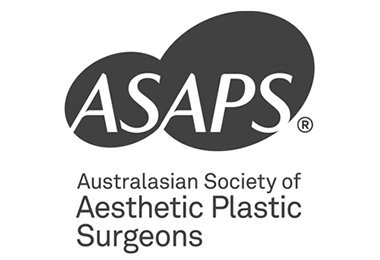
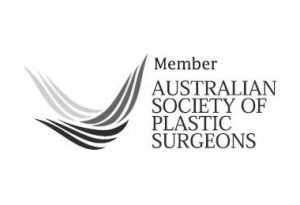
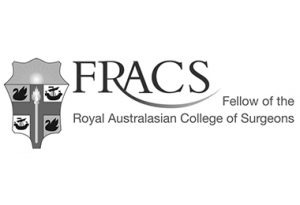
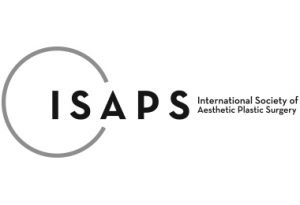
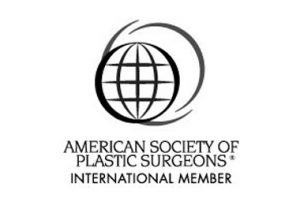
CONTACT DETAILS
Contact Number: (07) 5601 0492Email: enquiry@drhertess.com.au
Address:
Ground Floor, 220 Ashmore Road, Benowa QLD 4217
